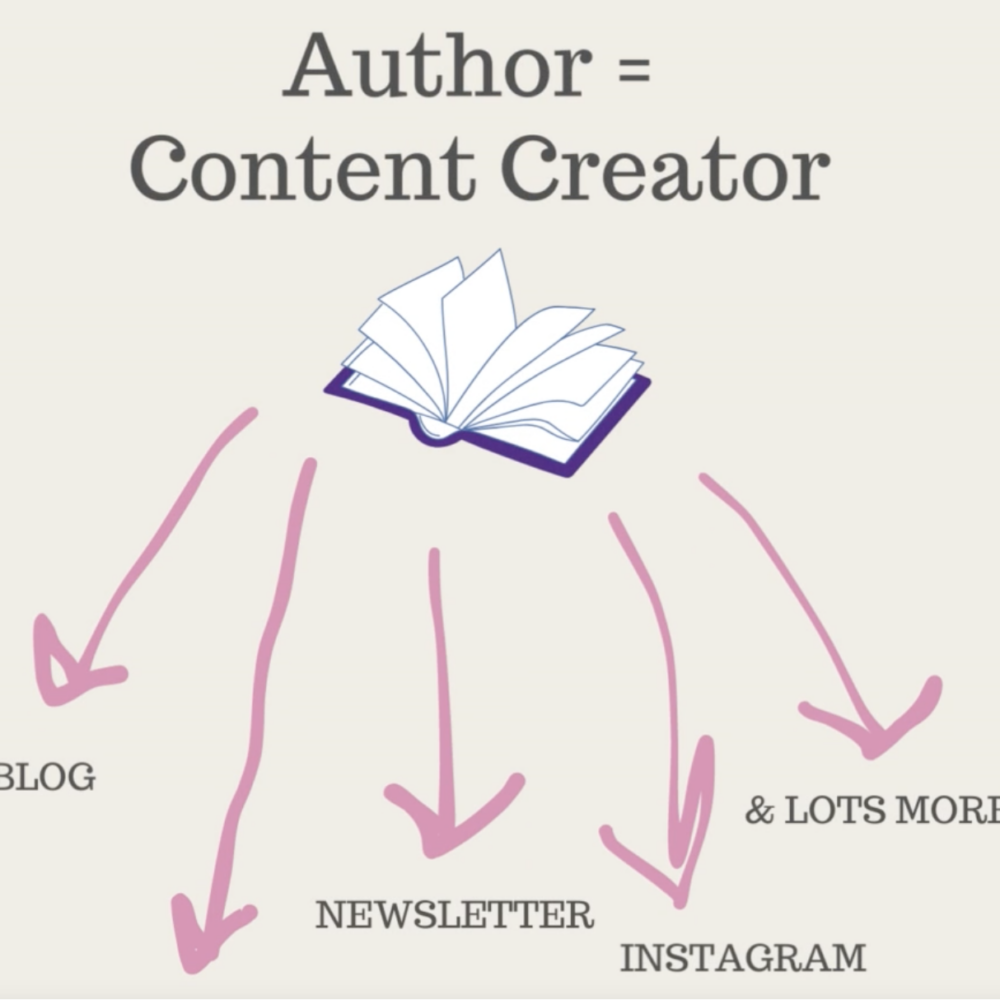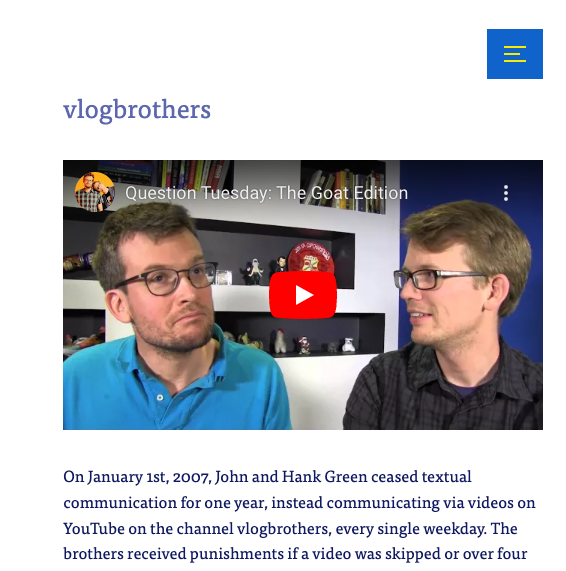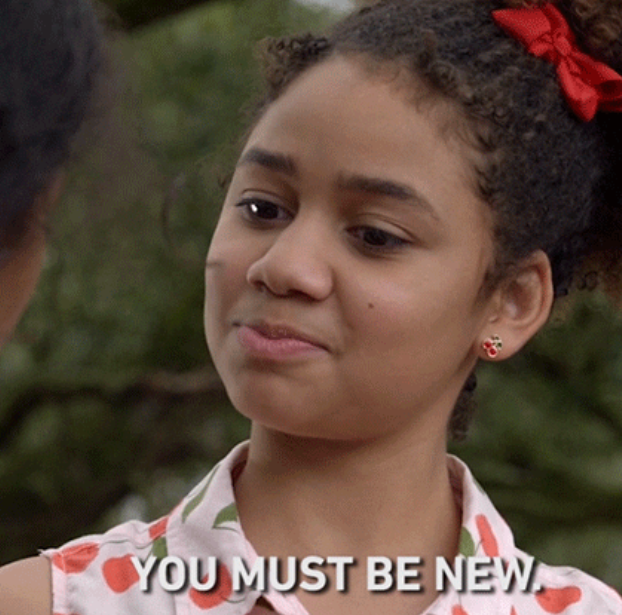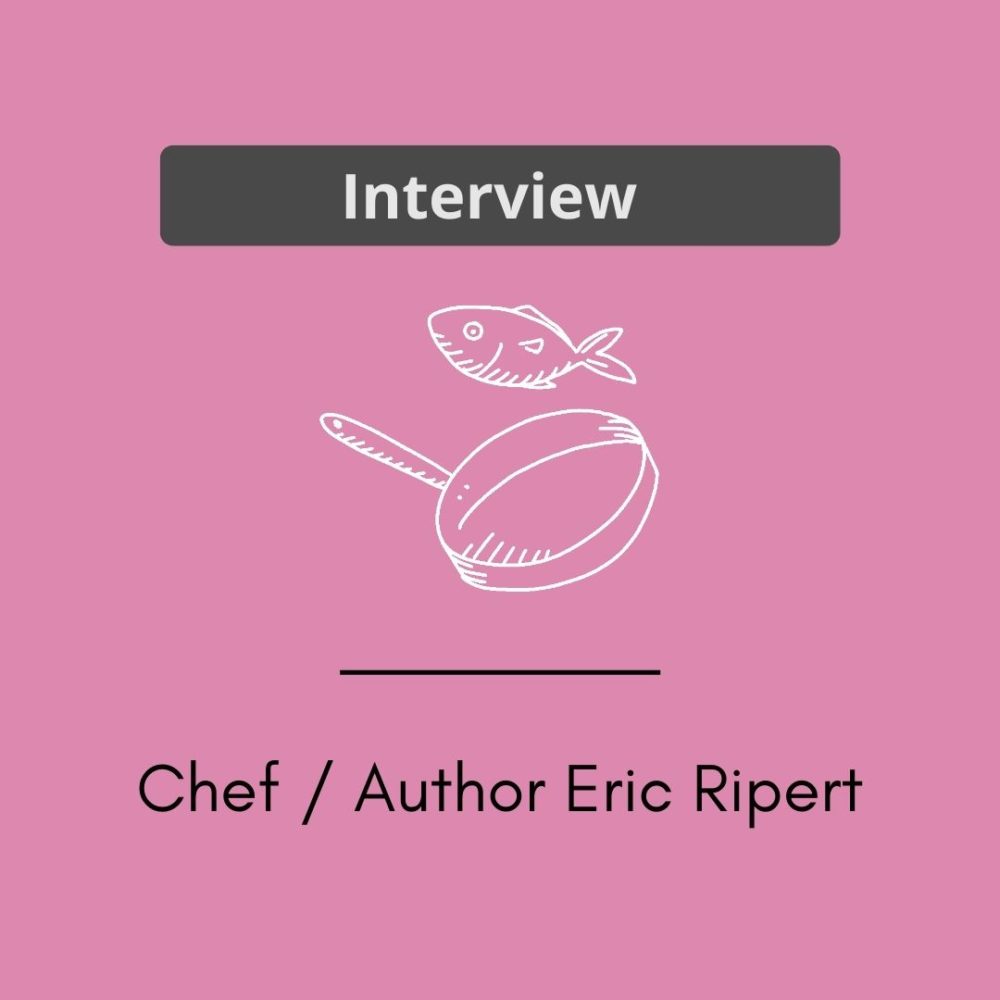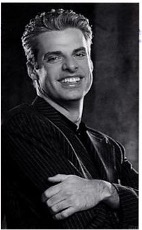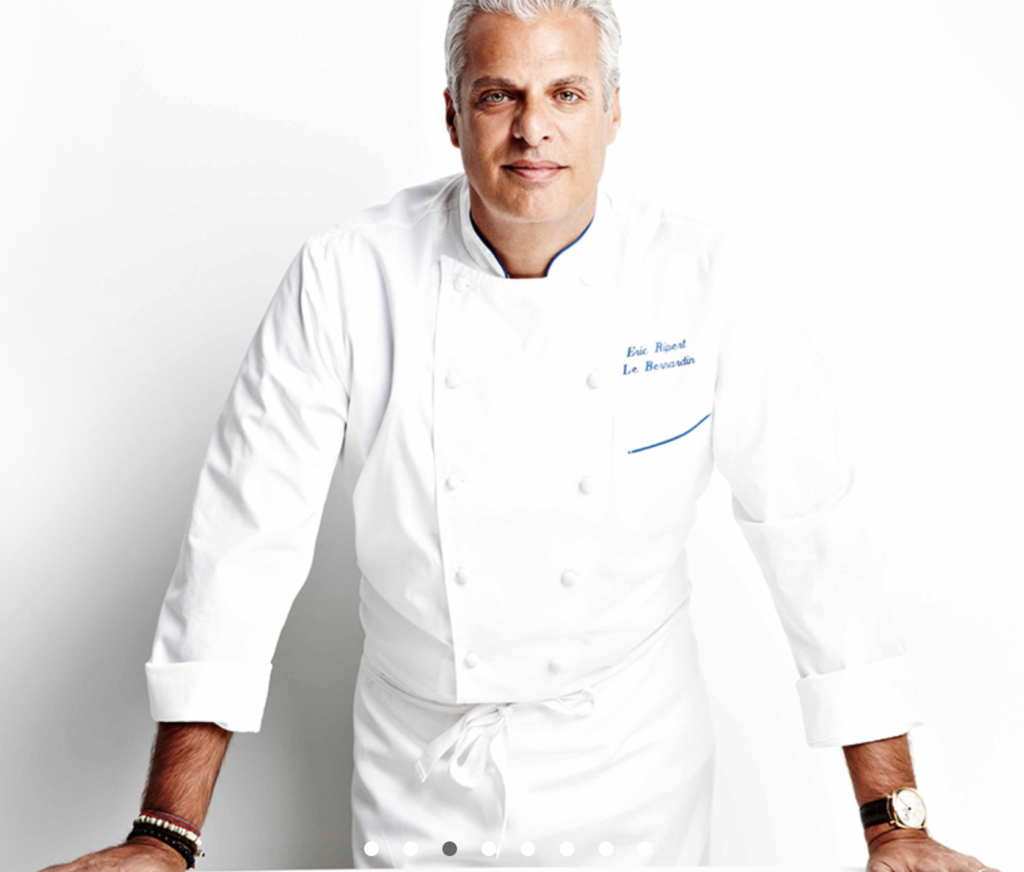What’s known as “content marketing” is actually the art and science of building true relationships with your prospects, clients, and audiences by sharing informative — actionable, free information — usually via digital means — to show them what you, your company, or your book offers and what your brand (personal or corporate) stands for.
In short, it is “show, don’t sell.” In fact, I like to compare content marketing to party conversation…
Content marketing starts with strategically understanding your own brand and the unique value proposition of the information or services you deliver. Then, it involves targeting the audiences for your services — figuring out precisely who they are, where they are, and by what means (digital, video, print, etc.) they are best reached.
Content marketing tools
An overarching tool for content marketing is the:
- content marketing calendar (see screenshot, above)
This calendar is used to keep track of when and how each piece of content (or “asset”) is sent out. The calendar is developed with an eye towards critical promotional dates, such as holidays or tentpole events that are important to your specific business, book, or the message you want to convey.
The content marketing calendar may look daunting, but it really just a guide to help keep track of good, strategic and timely “conversational” topics you want to have, where you want to have them (social media, newsletter) — and to keep track of what materials you have or might need to develop (videos, blog posts, etc.) to help spur those timely conversations and maybe even repurpose in a different format.
Other tools are used to “deliver” the content and each has their own specific uses and best practices.
- website – to provide a firm foundation for your information
- blog – to demonstrate your expertise on an ongoing basis and (with SEO), help ensure search engines find your website.
- newsletters – to stay in touch with current and potential clients
- social media – to create awareness and engagement among various audiences
- video – a key information delivery mechanism, either on a standalone platform (such as YouTube) or to be embedded / shared on all of the various other tools
- list building & lead nurturing mechanisms – digital forms and automated responses to help draw people into your newsletter
- ebooks or other “lead magnets” – robust content delivered to help capture leads
- virtual press kits – used to target media for PR
Other NON-digital tools for content marketing is a:
- book – which can be an effective brand extension that lends authority and creates a reason for media opportunities.
- speaking engagements – which help you connect personally with an audience.
What books and speaking have in common that they both ARE a product and serve to drive more audience engagement.
SEO and content marketing
As you send your content out into the digital world, you need to optimize it so search engines can more easily find it. This search engine optimization (aka SEO) is a critical element of digital marketing success.
Part of an overall marketing strategy
Content marketing should be deployed to work in tandem with all promotional and brand efforts, such as:
- collateral – brochures, flyers, etc.
- advertisements – paid social media, print, radio, television
- public relations & media outreach
- events – trade shows, fairs, conferences
- environmental – signage, posters, trade show booths
Working cohesively, all parts of the marketing mix can amplify each other, to most effectively attract prospects and clients.
Need content marketing campaign strategy or development? ContentMeant can help.
Whether content marketing strategy or implementation, if you need guidance, get in touch.




